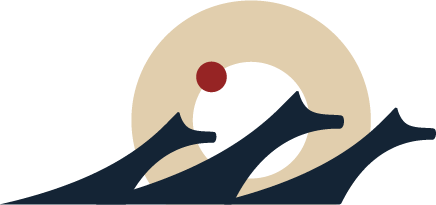
Sound, strong, resilient, joyful. Tending to your mental health is essential to personal and community wellbeing.
capture the daylight
Why this matters to us
Your mental health and wellbeing is just as important as your physical health and wellbeing. Our people must manage historical and ongoing trauma in combination with modern challenges to communication and connection.
Some people have diagnosed mental illnesses; others have persistent or occasional sadness or hopelessness. Still others just don’t feel quite right emotionally. Wherever you or a loved one are, there are resources available to you.
You may decide that traditional healing and ceremony will be most beneficial to your journey, or you may opt for talk therapy, pharmaceutical medication, or even a talk with a good listener. Regardless of the path you walk, know that your community is here to hold you steady.
If you or someone you are with is in immediate crisis, dial 911
Mental health isn’t a condition, a diagnosis, or even a thing to fix. Mental health can sometimes feel easier to overlook or ignore than to take steps towards feeling better.
Mental health care isn’t one-size-fits-all—what works for one person might not work for another. That’s why it’s important to explore options and find what feels right for you. If you’ve never been to therapy before, you might have questions like “Will they ask me all about my childhood?” “What if I’m more messed up than I think?” “How do I even talk about my emotions?” and most importantly “Where do I even start?”
There are tools to help. Take the Mental Health Care Quiz to explore different types of care that may work best for you: What Mental Health Care Is Right For Me.
And while mental health can be serious, sometimes it helps to take a lighthearted look at it. Pieces like this comic essay about facing depression: Meditation vs. Medication can give some perspective and make you feel less alone.
There are also myths about mental health that can hold us back from seeking help. If you’ve ever wondered if what you’ve heard is true, check out the Mental Health Myths Quiz to learn more: Mental Health Myths Quiz.
What Does Mental Health Support Look Like?
Mental health care can mean many things: counseling, medication management, or traditional healing. It may look like participating in a group therapy session or finding strength through culturally meaningful practices. We recognize that mental health is holistic, encompassing mind, body, and spirit.
How Can I Get Help for Myself or a Loved One?
Seeking help starts with reaching out. Tulalip provides mental health resources for crisis situations, ongoing therapy, and support groups to meet a variety of needs.
What If I Need Immediate Help?
If you or someone you know is in crisis, Tulalip offers emergency mental health services. National hotlines like 988 are also available 24/7.
Crisis and Long Term
We provide a variety of mental wellness programs for both adults and youth. Services include individual therapy, family therapy, psychiatric services, art therapy, and support groups for specific needs like PTSD and grief. These programs are designed to offer support both in moments of crisis and for long-term healing.
For adults: Adult Mental Wellness
For youth and families: CYF Mental Wellness
These programs include:
- Adult psychiatric services with medication management
- Individual and family therapy
- Eye Movement Desensitization and Reprocessing (EMDR)
- Anger management groups
- Art therapy
- Love and Logic parenting groups
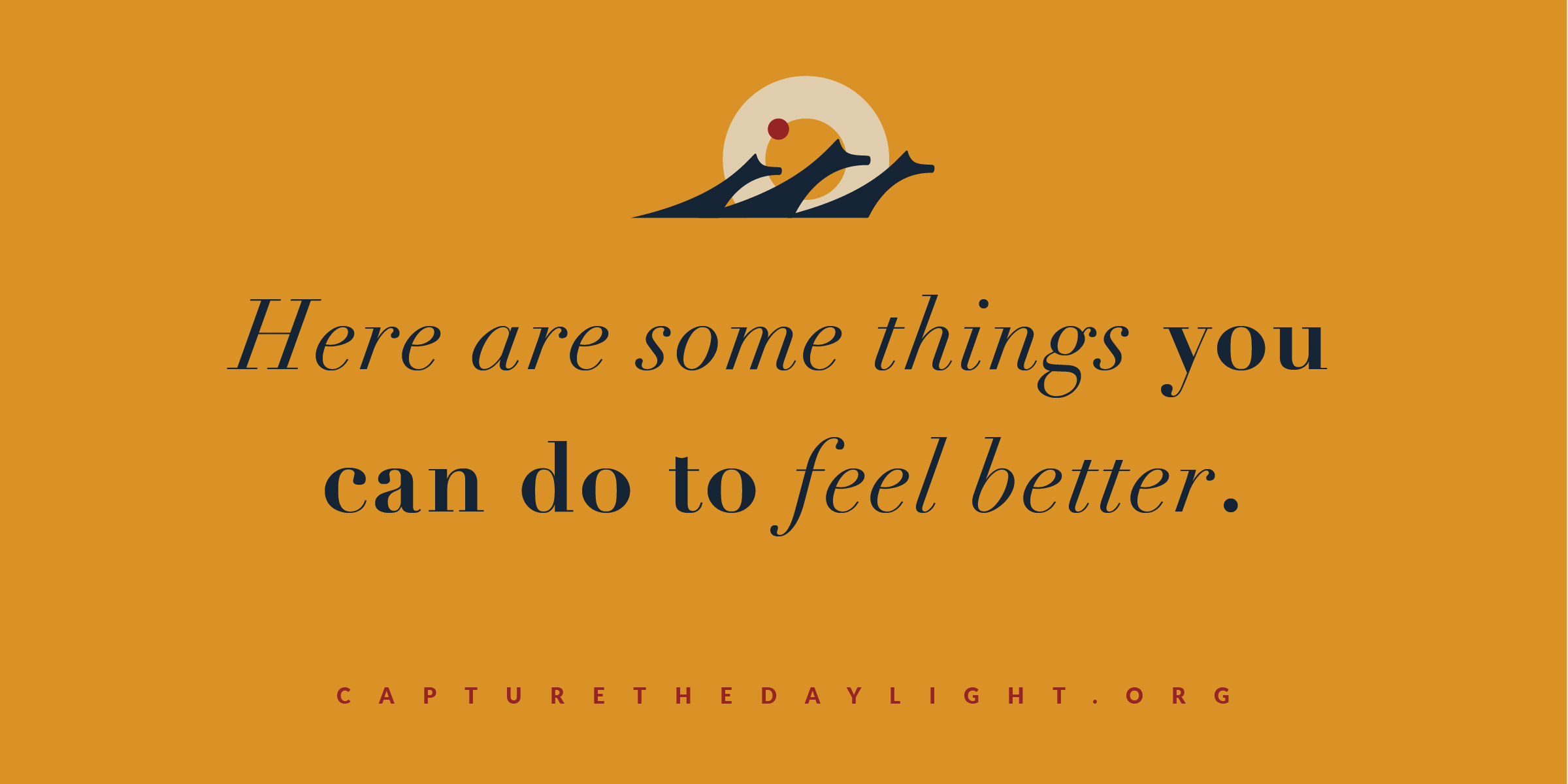
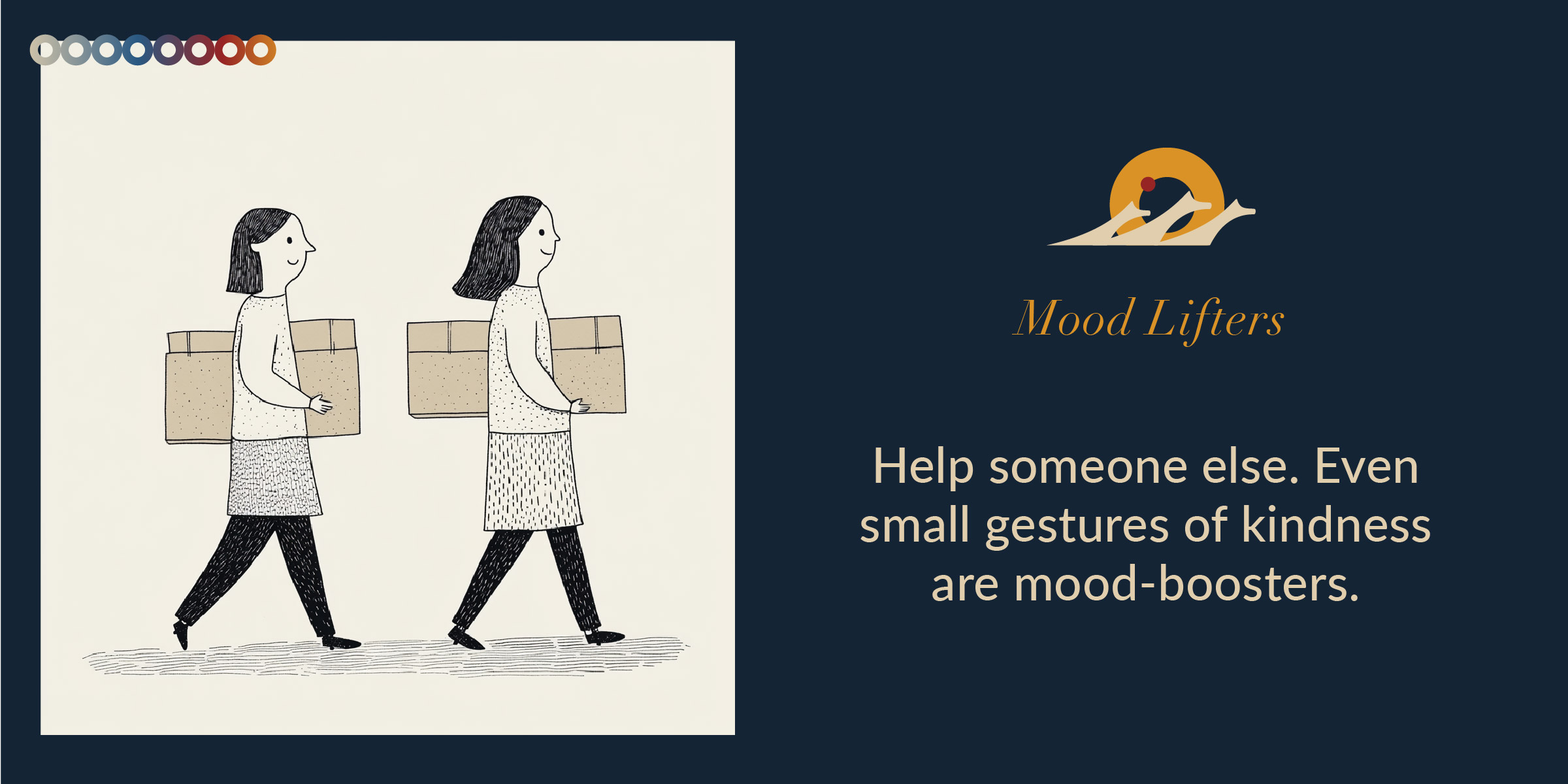
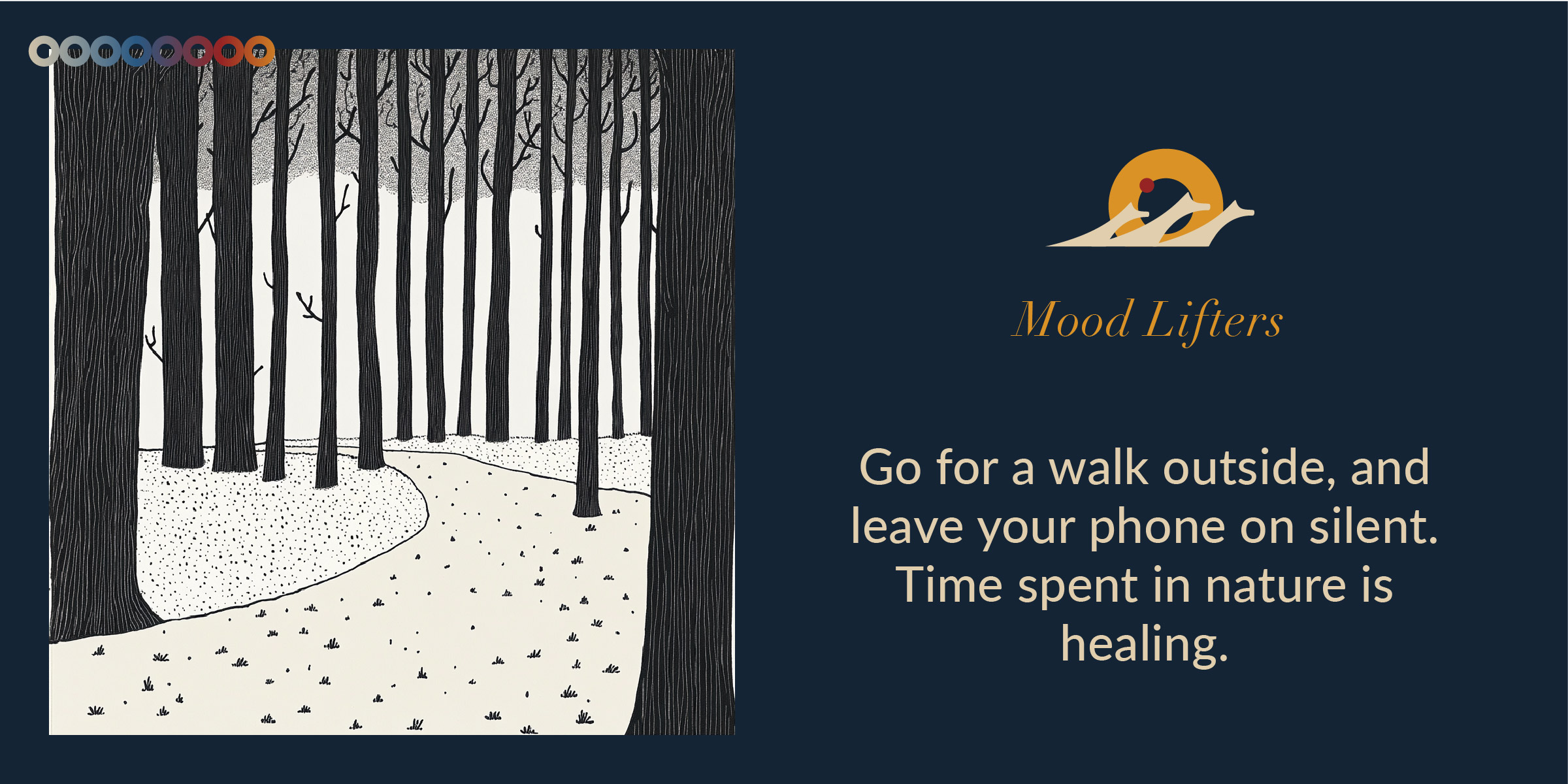

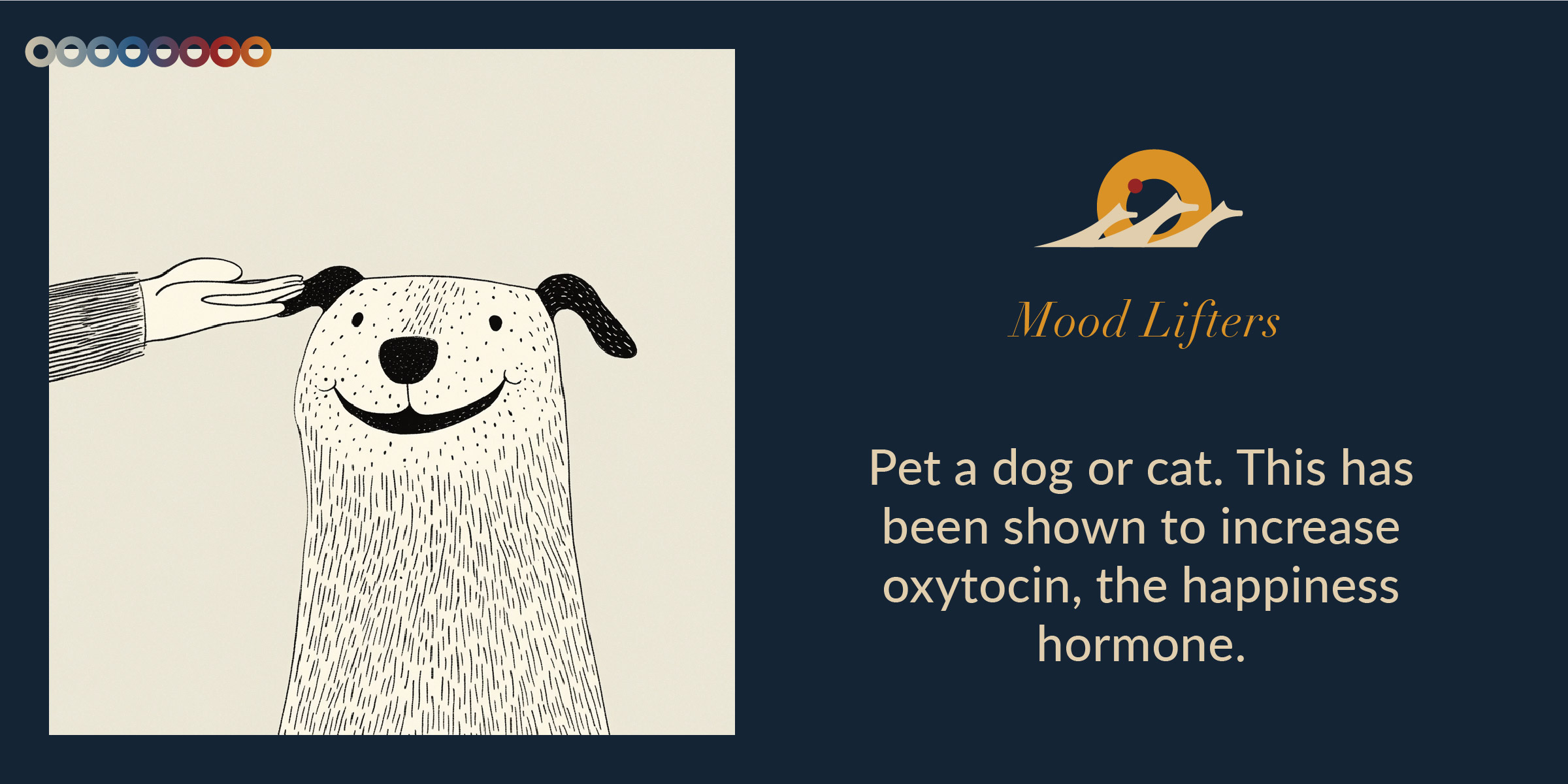
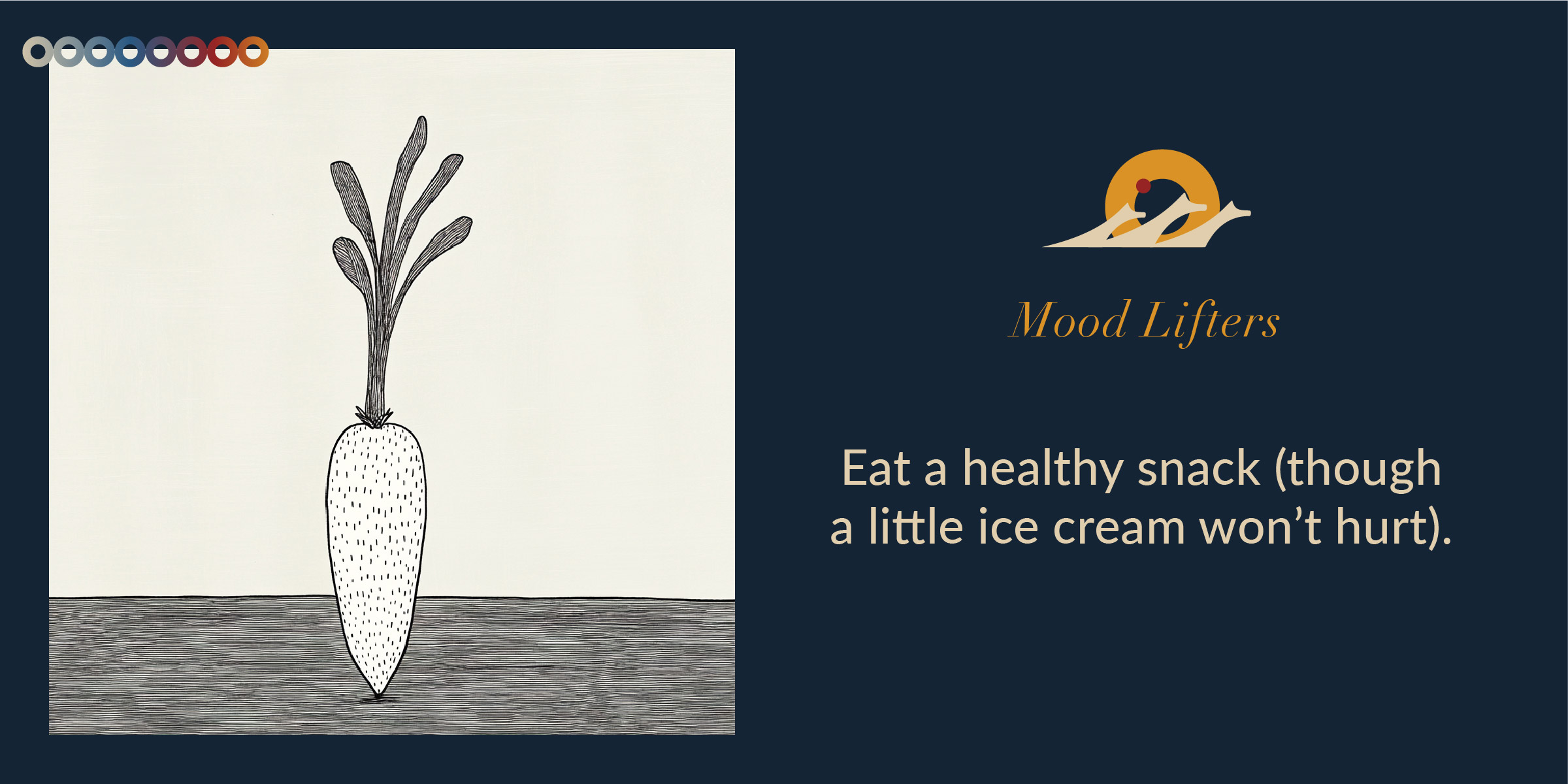


Additional Resources
Tulalip Resources
Crisis Response
- Desk: 360-716-4330
- Cell: 360-502-3365
Community Health Department: 360-716-5662
Adult and Family Mental Wellness: 360-716-4381
Federal Resources
Articles
- Traditional Healing Meets Modern Therapy: Mental Health in Tribal Communities
This article explores how tribal nations are blending traditional practices with modern mental health services to provide holistic care. - Resilience and Resistance: How Indigenous Communities are Tackling Mental Health Stigma
An in-depth look at the barriers Indigenous populations face and the culturally specific solutions being developed to combat mental health stigma. - We Are Stronger Together: Peer Support Networks in Native Communities
Highlights the importance of peer support networks in building resilience and fostering mental health in Indigenous communities.
Other Resources
- WeRNative
A resource for Native youth, offering tools to cultivate happiness and well-being, including mental health tips, affirmations, and stories of Native joy. - Jazmine Wildcat – https://www.instagram.com/jazmine_wildcat/ (Also: https://www.nami.org/about-nami/who-we-are/meet-nami-next-gen/jazmine-wildcat/)
- @tyrista – https://www.tiktok.com/@tyrista?_t=ZT-8tTeo2drw9G&_r=1
- Sad But Rad Club: https://www.tiktok.com/@sadbutradclubxo
- Elaine Alec: https://www.instagram.com/elainealec_
- Michelle Yang: https://www.instagram.com/michelleyangwriter/
- Stephanie Foo: https://www.instagram.com/foofoofoo/
Now there is no one who could catch up with us.
There is something you can do.
Strong community connections are key to addressing this crisis. When neighbors and local groups unite, they create a support network that can identify and help those at risk. Small acts—checking in, sharing resources, offering support—make a real difference. These connections don’t just help in emergencies; they build resilience and prevent addiction from taking root.
Capture the Daylight officially launches in Spring 2025. Sign up here for updates leading to our launch!

